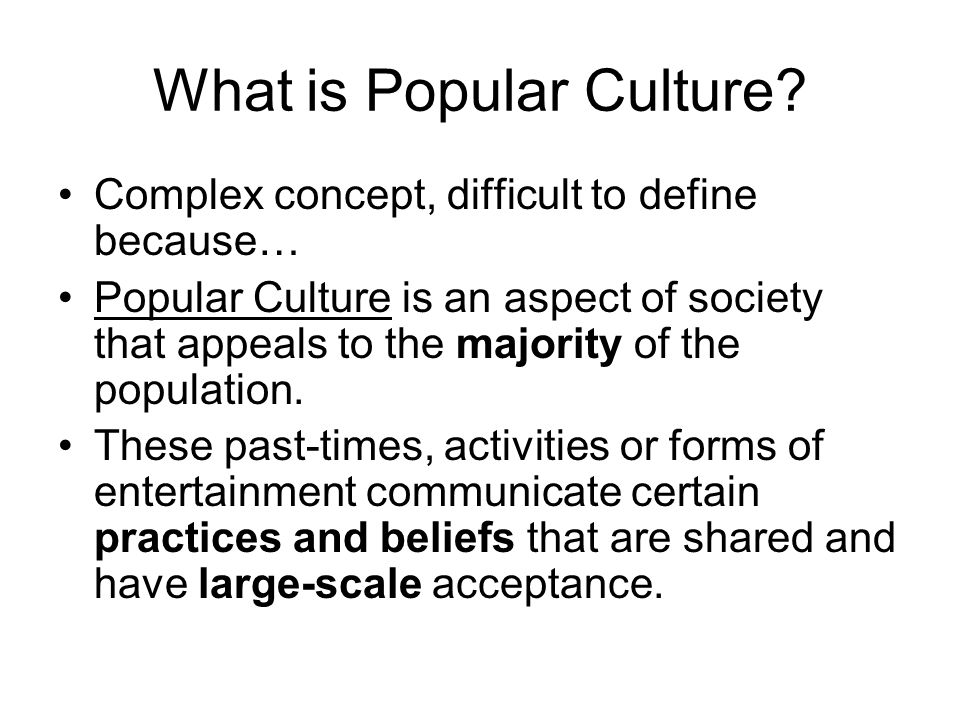Tuesday, June 4, 2019
How Do We See Popular Culture?
Writing in Eyes of the Believer column of the Catholic Weekly a pastor reminds the readers that two of the representative indicators of Korean popular culture are the dramas and pop songs and selects the BTS (Bangtan Boys, Bulletproof Boy Scouts) and one of the popular dramas on TV: 'Fiery Priest', which recently ended. Bangtan K-Pop group has grown into one of the most famous of the superstars now on the world stage.
On the 'Love Yourself' World Tour, they were the first pop group to address the United Nations: "true love begins by loving myself" a message enthusiastically supported by young people. They are asking the young people to share their vision and be of one heart with those who are experiencing conflicts, anxieties, pain, oppression and living in uncertain and unfair circumstances; hoping their words will be a cause of healing and consolation. We share their ideals that become completed by the love of God and neighbor.
SBS TV drama 'The Fiery Priest' is an exciting hero drama, and it has recently ended with top ranking for its time spot. In the process of punishing evil and revealing the truth, the main character, the hot blood priest, is an active member of the National Intelligence Service, special team. In the drama, the background is Catholicism—priests, nuns, and church, but used only as a prop to develop the contents.
On the positive side, the drama has impact on giving a Catholic image for non-Catholic believers, and it is an opportunity for Catholics to see an image of Catholicism, however, to eliminate evil and establish justice by dependence on violence is not the Christian way.
Evangelical values pursued and practiced lead not to oppressive power and violence, but rely on the power of nonviolent resistance and love. Recently, dramas based on religion, and works based on Catholic themes have been mostly positive. There have been a number of dramas appearing on cable with positive images of the church: reflected in the fight against evil, a tempered life, self-discipline, and the conscientious clergy who live with the people in the world. There is always the real danger of using the church with distorted images of Catholicism.
Popular culture is a mixed bag, producing meaning with various behaviors and ideologies. Therefore, popular culture can provide new information, promote socialization, and play a positive role in entertainment and pleasure. On the other hand, it can play a negative and harmful role because it maximizes human desires such as money, power, and honor, and produces unethical and immoral content as a result. The church needs 'cultural evangelism' that recognizes the duality of popular culture, using the positive side, and filtering out the harmful side.
Traditionally, the church has taken a negative attitude regarding popular culture as low, decadent, and harmful to its faith: attempting to transform the culture of death into a culture of life. Consequently, a weak will to actively utilize the positive aspect of popular culture in mission or pastoral care.
Indeed, popular culture and Christianity have in common a desire to seek meaningful life experiences. Communication between popular culture and Christianity can begin from experience and meaning in life. The spirituality of popular culture can play a role in helping to experience God, and Christian spirituality found in meaning experienced through popular culture.
In conclusion, the writer would like to see a more effective use of the popular culture to revitalize the stagnant youth ministry within the church by using culture to make our teaching more contemporary and to meet the young people where they are.
Subscribe to:
Comments (Atom)
